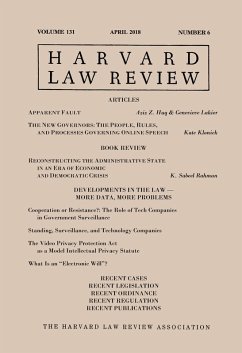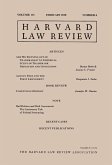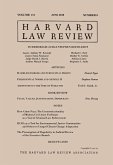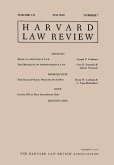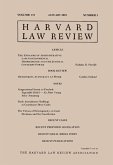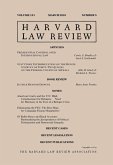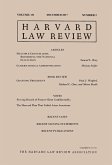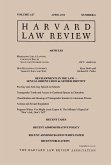-- Article, "Apparent Fault," by Aziz Z. Huq and Genevieve Lakier
-- Article, "The New Governors: The People, Rules, and Processes Governing Online Speech," by Kate Klonick
-- Book Review, "Reconstructing the Administrative State in an Era of Economic and Democratic Crisis," by K. Sabeel Rahman
Furthermore, student commentary analyzes Recent Cases or other recent legal actions and decisions on: agency policy and ordering the HHS to allow an undocumented minor to have an abortion; the lack of malicious motive in disloyal labor organizing; severability of claims under Indian Gaming Regulatory Act; reproductive rights and a new Illinois anti-abortion trigger law; use of criminal history in rental decisions in Seattle; and a regulation by the CFPB against payday lending without determining ability to repay. Finally, the issue includes two brief comments on Recent Publications.
Dieser Download kann aus rechtlichen Gründen nur mit Rechnungsadresse in A, B, CY, CZ, D, DK, EW, E, FIN, F, GR, H, IRL, I, LT, L, LR, M, NL, PL, P, R, S, SLO, SK ausgeliefert werden.

